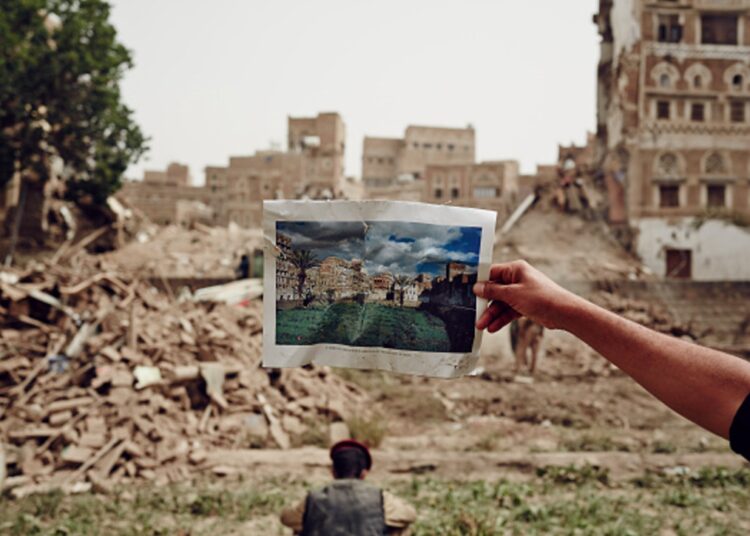The Yemen Civil War, also known as the Yemeni Crisis, began in 2015 between the Houthi rebels and the Yemeni government. The conflict has roots in the Arab Spring of 2011, leading to widespread unrest and discontent. The humanitarian crisis in Yemen is considered the worst in the world, with millions facing food shortages, lack of clean water, and inadequate healthcare. Children have been severely impacted by malnutrition and lack of education. Despite international calls for a ceasefire and diplomatic solution, progress has been slow. Urgent action is needed to address the suffering in Yemen and prevent further devastation. The global community must not forget the catastrophic consequences of this forgotten crisis.
The Yemen Civil War: A Forgotten Crisis with Catastrophic Consequences
Background
The Yemen Civil War, also known as the Yemeni Crisis, is an ongoing conflict that began in 2015 between two factions: the Houthi rebels, aligned with former President Ali Abdullah Saleh, and the internationally recognized Yemeni government, backed by a coalition of Arab states led by Saudi Arabia and the United Arab Emirates.
Causes of the Conflict
The roots of the Yemen Civil War can be traced back to the Arab Spring in 2011, which led to the ousting of President Saleh after 33 years in power. His successor, President Abdrabbuh Mansur Hadi, was unable to address the country’s deep-rooted political, economic, and social challenges, leading to widespread discontent and unrest. The Houthi rebels, who belong to the Zaidi Shia Muslim sect and have long felt marginalized and oppressed by the Yemeni government, seized the opportunity to take control of the capital city, Sana’a, in 2014.
Humanitarian Crisis
The Yemen Civil War has had devastating consequences for the civilian population. The United Nations has called Yemen the world’s worst humanitarian crisis, with millions of people facing severe food shortages, lack of access to clean water, and inadequate healthcare. The conflict has also resulted in the displacement of thousands of Yemenis, who have been forced to flee their homes in search of safety and shelter.
Impact on Children
Children have borne the brunt of the Yemen Civil War, with reports of widespread malnutrition, disease, and death among the youngest members of society. According to UNICEF, more than 2 million Yemeni children are acutely malnourished, making them vulnerable to preventable diseases and stunting their physical and cognitive development. The lack of access to education and healthcare services has also had a profound impact on children’s well-being and future prospects.
International Response
The international community has been slow to respond to the crisis in Yemen, with many countries prioritizing geopolitical interests over human rights and humanitarian concerns. The United States, the United Kingdom, and France have provided weapons and military support to the Saudi-led coalition, despite mounting evidence of war crimes and civilian casualties. The United Nations and humanitarian organizations have called for an immediate ceasefire and diplomatic solution to the conflict, but progress has been hindered by political divisions and lack of commitment from key stakeholders.
Looking Ahead
The Yemen Civil War shows no signs of abating, with both sides continuing to engage in hostilities and human rights abuses. Without a concerted effort to address the root causes of the conflict and promote peace and reconciliation, Yemen faces a bleak future of further suffering and devastation. It is crucial for the international community to prioritize the needs of Yemeni civilians and work towards a sustainable solution that respects the rights and dignity of all parties involved.
As the world’s attention is drawn to other crises and conflicts, it is important not to forget the people of Yemen who are experiencing unimaginable suffering and hardship. The Yemen Civil War may be a forgotten crisis, but its consequences are catastrophic and demand urgent action and solidarity from the global community.













